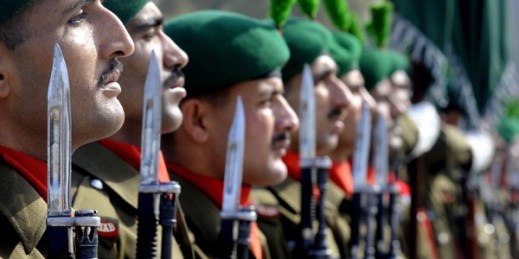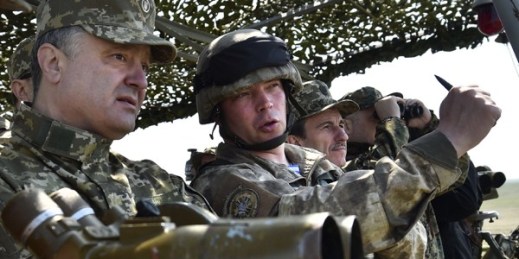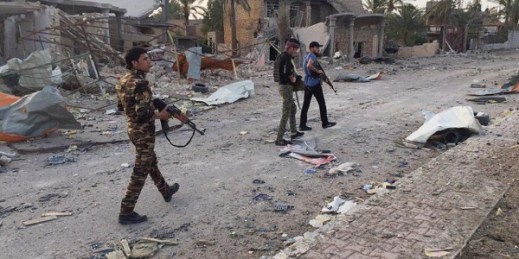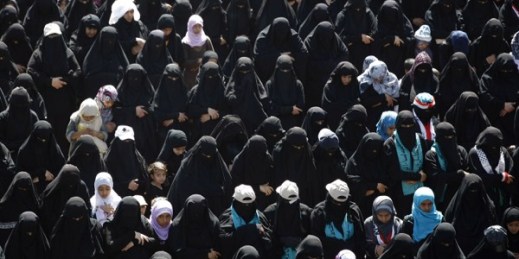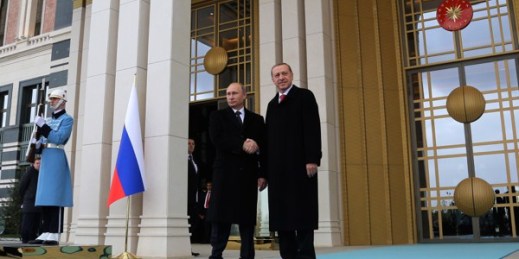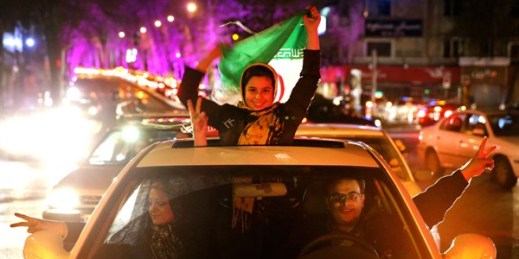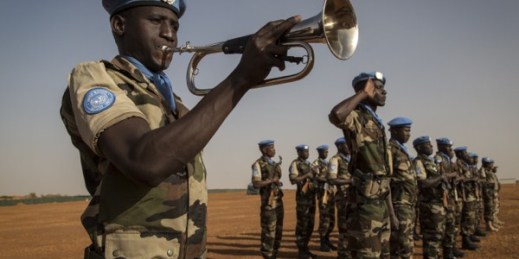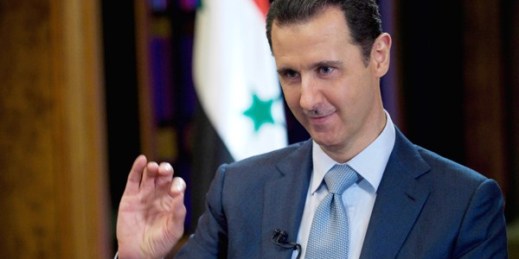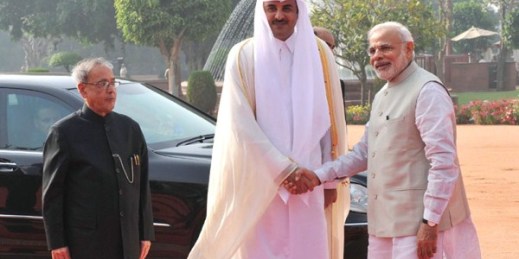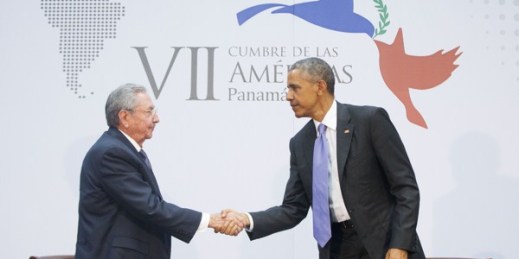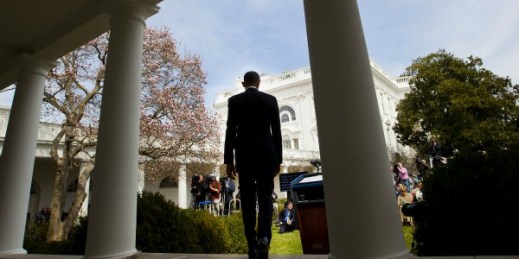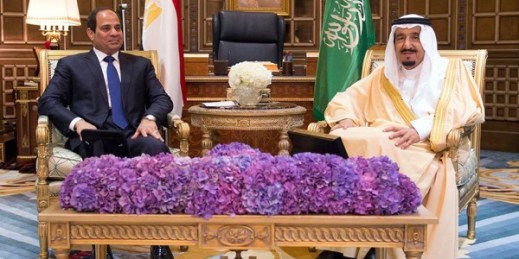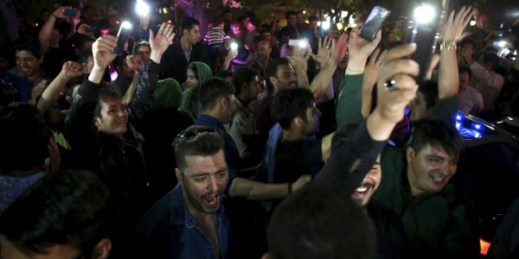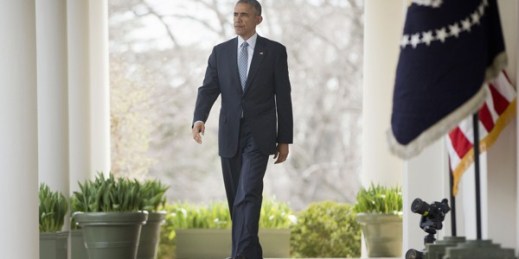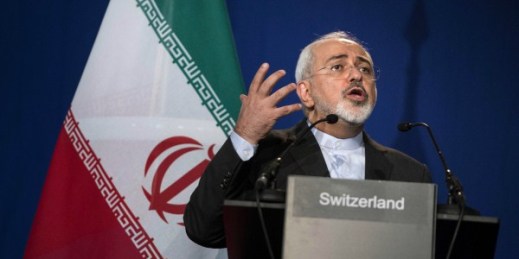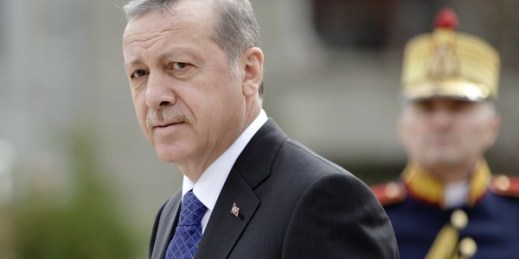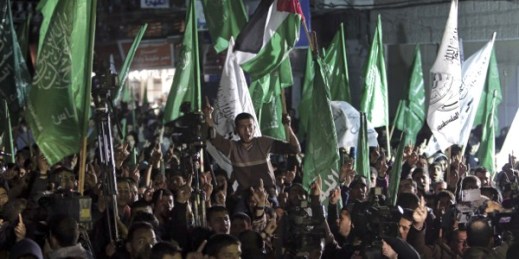
The Wall Street Journal reported last week that Iran has transferred tens of millions of dollars to Hamas’ military wing over recent months in an effort to revive ties. In an email interview, Nathan Thrall, a senior analyst for the International Crisis Group, discussed Hamas’ internal divisions. WPR: What are the key areas of dissension between Hamas’ Gaza-based leadership and its foreign-based leadership? Nathan Thrall: Hamas’ primary challenge over the past several years has been navigating a rapidly changing regional landscape characterized by growing Sunni-Shiite sectarianism, as well as by intra-Sunni fighting. Hamas is a Sunni organization connected to the […]

